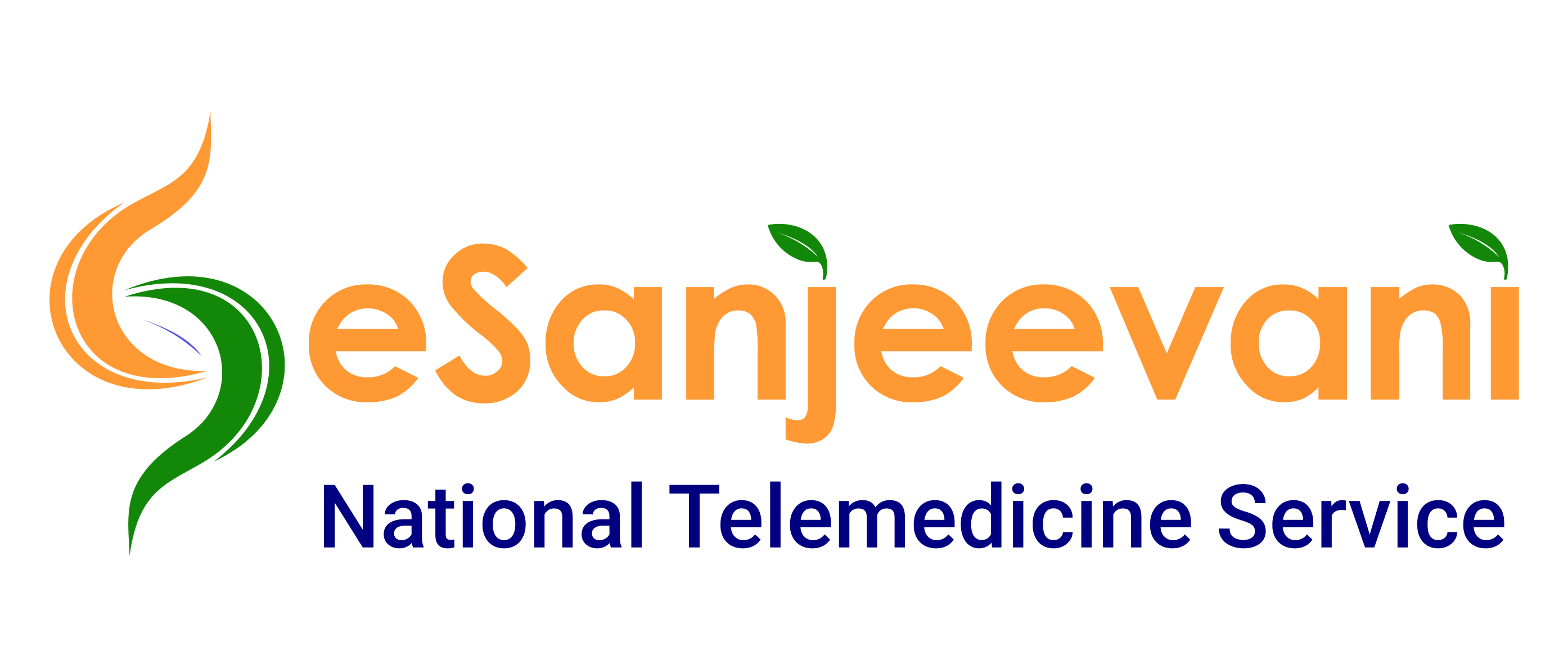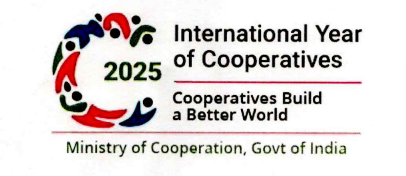Update on elimination of Trachoma and Malaria
WHO declares Trachoma eliminated from India as a public health problem
India becomes third country in Southeast Asia Region to eliminate Trachoma as a public health problem
India exits high burden to high impact group with comprehensive disease management strategies for Malaria
Ministry of Health and Family Welfare has taken various steps under the National Programme for Control of Blindness and Visual Impairment (NPCBVI) to eliminate Trachoma. As suggested by World Health Organization (WHO) Neglected tropical disease team, WHO SAFE strategy was implemented throughout the country, wherein WHO SAFE stands for adoption of surgery, antibiotics, facial hygiene and environmental cleanliness.
Since 2019 onwards, the NPCBVI has developed continuous surveillance setup for trachoma cases by collecting case reports from all the districts in the country via specific WHO shared format. National Trachomatous Trichiasis (TT only) survey was done in 200 endemic districts of the country under NPCBVI during 2021-24, which was a mandate set by WHO.
The prevalence was found to be much lesser than WHO elimination criteria. On 8th October, 2024 World Health Organization declared that Government of India has eliminated Trachoma as a public health problem. In addition, India has become the third country in the South East Asia region to reach this important public health milestone. Eliminating Trachoma symbolizes the improvement of public healthcare system in the country along with better hygiene and sanitation practices in the population. Furthermore, previously Trachoma has been among leading cause of blindness and discomfort in the country.
The Government of India has implemented the National Quality Assurance Standards (NQAS) which is a comprehensive framework established by the Ministry of Health and Family Welfare aimed at ensuring and enhancing the quality of healthcare services provided at public health facilities. Initially, the Standards were applied for District Hospitals, aiming to ensure that services provided through public health facilities are safe, patient-centric, and of assured quality. Subsequently, these standards were extended to Sub-District Hospitals (SDH), Community Health Centers (CHCs), Ayushman Arogya Mandir -Urban Primary Health Centre (AAM- UPHCs), Ayushman Arogya Mandir- Primary Health Centre (AAM-PHC), and Ayushman Arogya Mandirs Sub-Health Centers (AAM-SHCs). For ease of compliance in assessment, digital technology was leveraged and ‘Virtual Assessment for National Quality Assurance Standard (NQAS) Certification of Ayushman Arogya Mandir- Sub Health Centers (AAM-SHCs)’ was launched on 28th June, 2024. On June 28, 2024, the NQAS for Integrated Public Health Laboratories (IPHLs) were launched to enhance the accuracy and precision of testing processes and results. As on 31st December 2024, total 22,786 number of health facilities have received NQAS certification in the country.
Indian Public Health Standards (IPHS) are essential benchmarks that ensure the delivery of minimum essential services through public healthcare facilities, including District Hospitals, Sub-District Hospitals, Community Health centers, Primary Health Centers, and Sub Health Centres. Developed in 2007 and revised in 2012 and 2022, these standards align with recent public health initiatives are fundamental to our healthcare system. The IPHS guidelines help states plan and meet crucial standards, leading to better health outcomes and increased public trust in the healthcare system.
Strategies that drove India’s Malaria reduction and its exit from the HBHI group:
- Disease Management involving early case detection with active, passive and sentinel surveillance followed by complete and effective treatment, strengthening of referral services, epidemic preparedness and rapid response.
- Integrated Vector Management including Indoor Residual Spraying (IRS) in selected high-risk areas, Long Lasting Insecticidal Nets (LLINs) in high malaria endemic areas, use of larvivorous fish, anti-larval measures in urban areas including bio-larvicides and minor environmental engineering and source reduction for prevention of breeding.
- Supportive Interventions aiming at Behaviour Change Communication (BCC), Inter-Sectoral Convergence and Human Resource Development through capacity building.
The Union Minister of State for Health and Family Welfare, Shri Prataprao Jadhav stated this in a written reply in the Rajya Sabha today.
****
MV
HFW/ Steps taken for elimination of trachoma in the country/18 March, 2025/4
Read this release in: Urdu , Marathi , Hindi






 स्वास्थ्य एवं परिवार कल्याण मंत्रालय
स्वास्थ्य एवं परिवार कल्याण मंत्रालय 





























